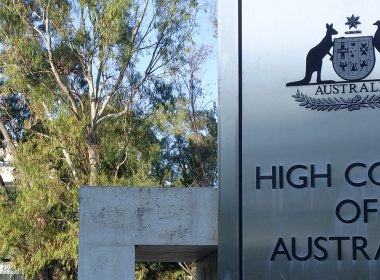Snapshot
- A recent Federal Court decision found a respondent was allowed full relief from penalties for their contraventions of the Corporations Act 2001 (Cth) on the basis they followed legal advice they received.
- The decision appears to distinguish itself from the common law maxim that ‘ignorance of the law does not excuse’ and makes interesting findings on what makes legal advice competent, without considering the relevant advice but considering who authored it.
- This article explores the reasoning and implications of this judgment, especially on what distinguishes a ‘leading’ law firm from a non-leading one.
The legal maxim ‘ignorance of the law does not excuse’ is the ‘working hypothesis on which the rule of law rests in British democracy’ (Blackpool Corporation v. Locker (1948) 1 KB 349 at 361, quoted by Barwick CJ in Watson v Lee [1979] HCA 53 at [23]). As stated by the Commonwealth Attorney-General’s Department, if a person can claim mistake or ignorance of the law as a defence, that ‘might make it impossible for the prosecution to establish fault’ (Attorney-General’s Department, The Commonwealth Criminal Code: A Guide for Practitioners (2002) at div 9.3).
Whilst misunderstanding of the law is not a defence when it comes to the question of fault or liability, it is also long-accepted that, where a party acted honestly and reasonably but contravened the law by mistake, they may have the penalty arising from the fault or liability mitigated or ameliorated (Flight Centre Limited v Australian Competition and Consumer Commission (No 2) [2018] FCAFC 53 at [31] and [63]–[64]; Australian Competition and Consumer Commission v Lactalis Australia Pty Ltd (No 2) [2023] FCA 839 at [18]–[20], quoted by Jackman J in Australian Securities and Investments Commission v Web3 Ventures Pty Ltd (Penalty) [2024] FCA 578 (‘ASIC v Block Earner’) at [62]). Mitigation for an honest mistake is also expressly legislated in various statutes. For example, section 1317S of the Corporations Act 2001 (Cth) (‘Corporations Act’) states that, where a person acted honestly, the Court may relieve them of any penalty pursuant to section 1317G of that Act.




